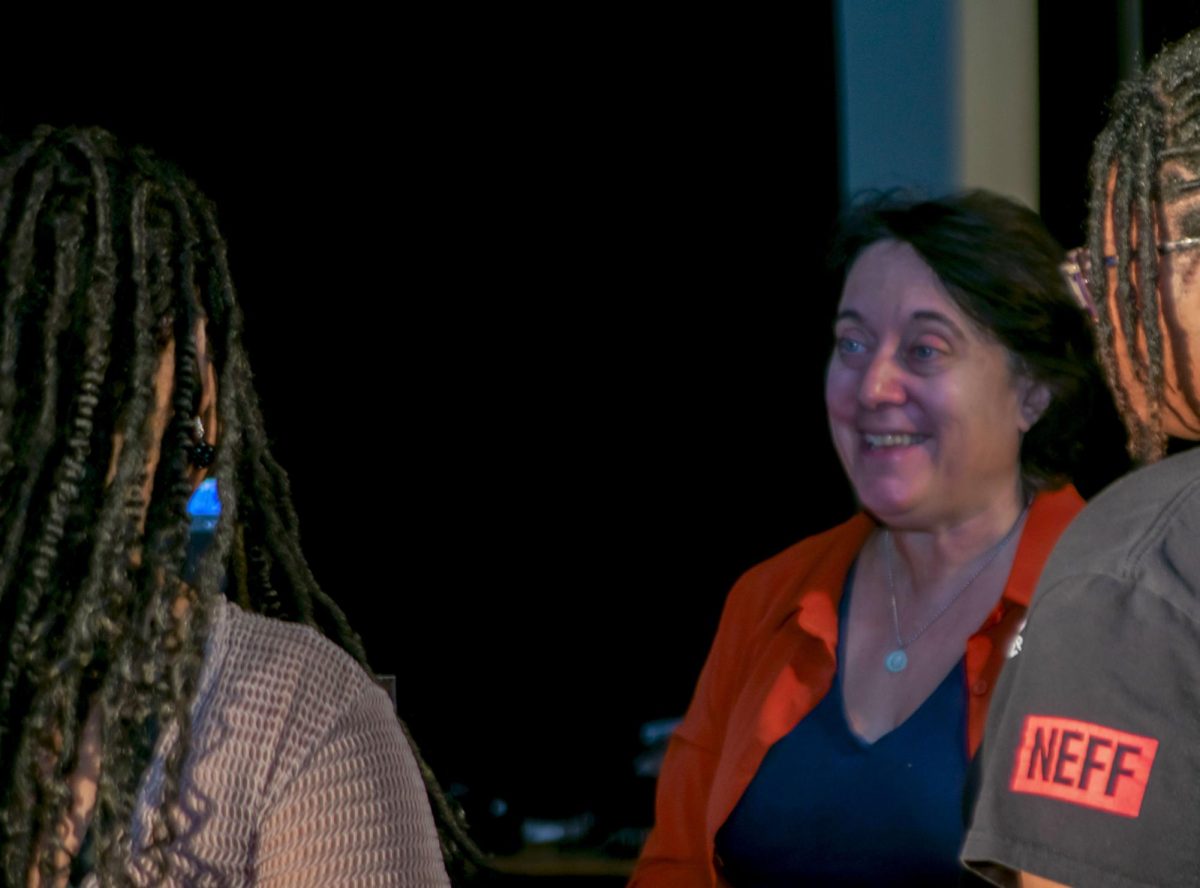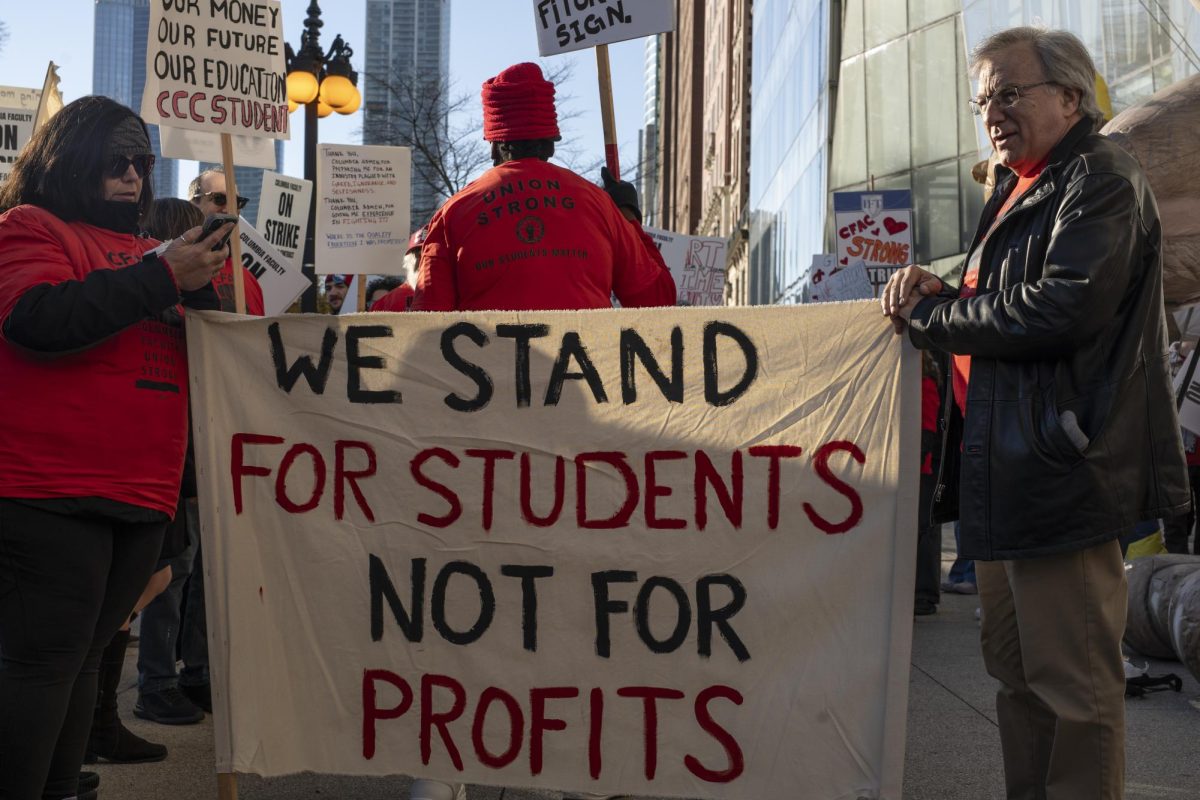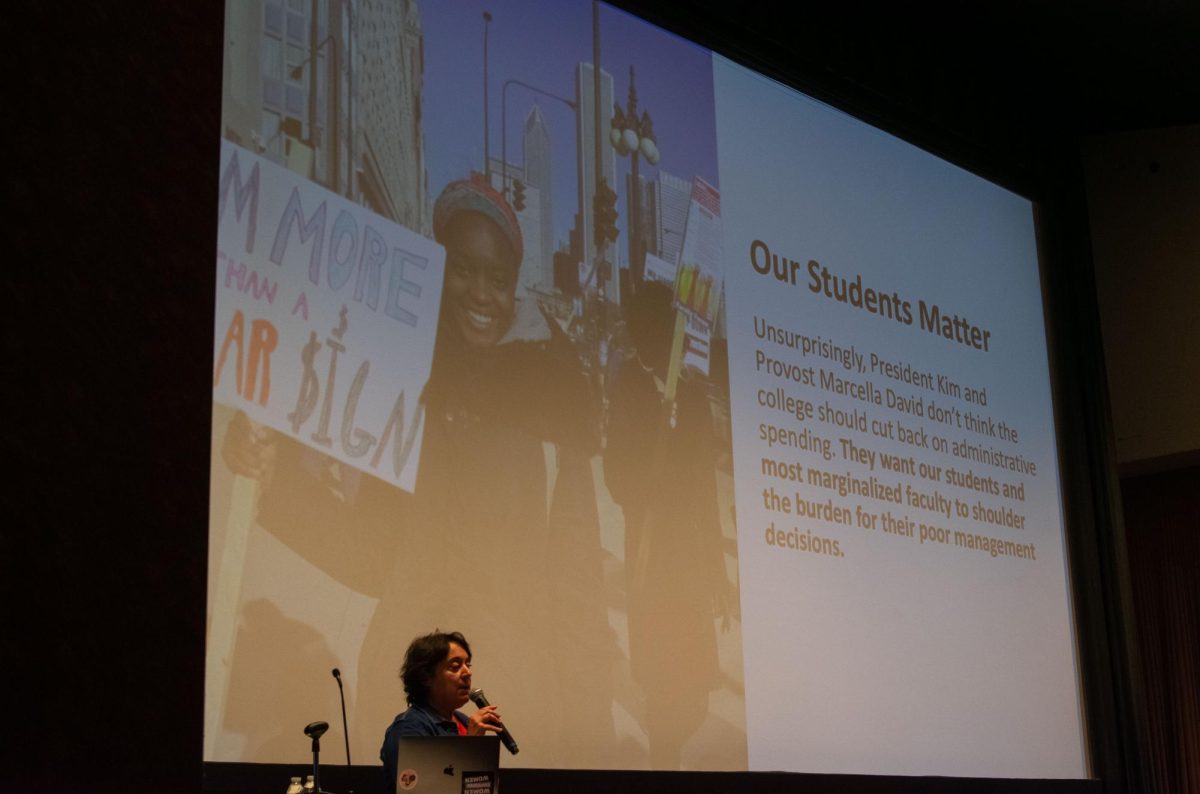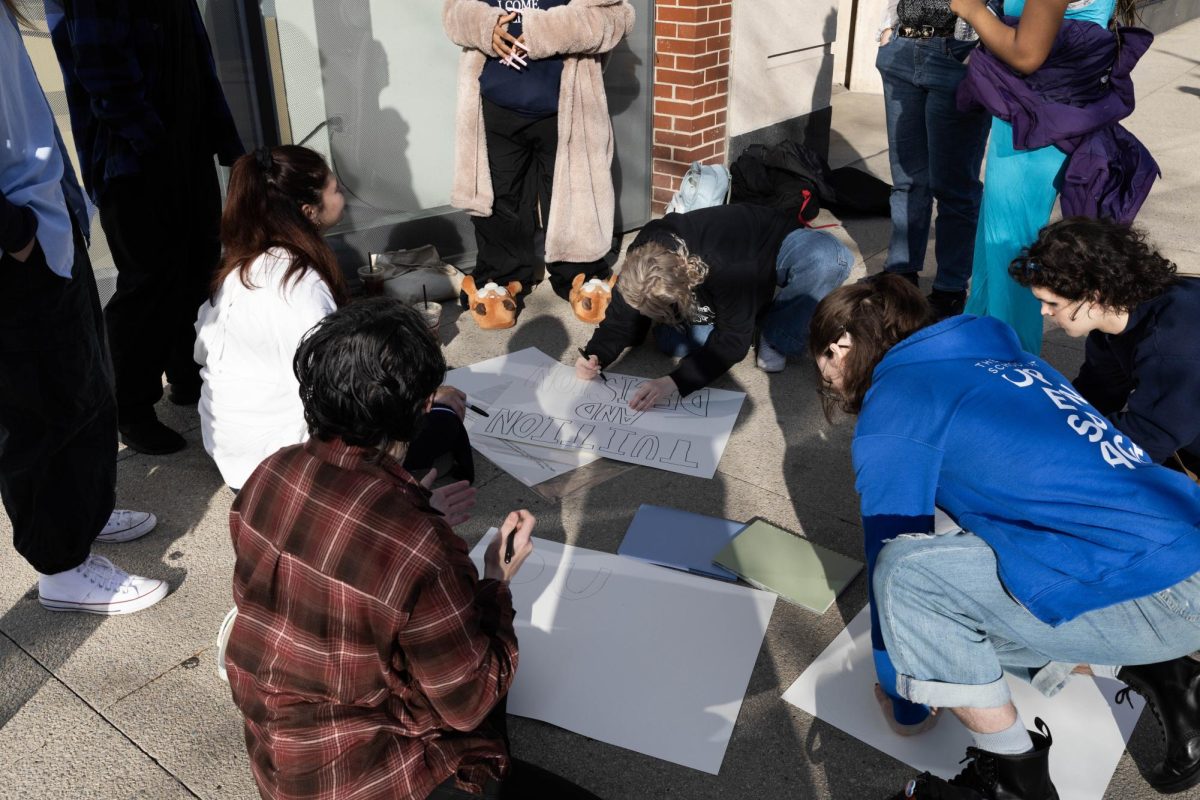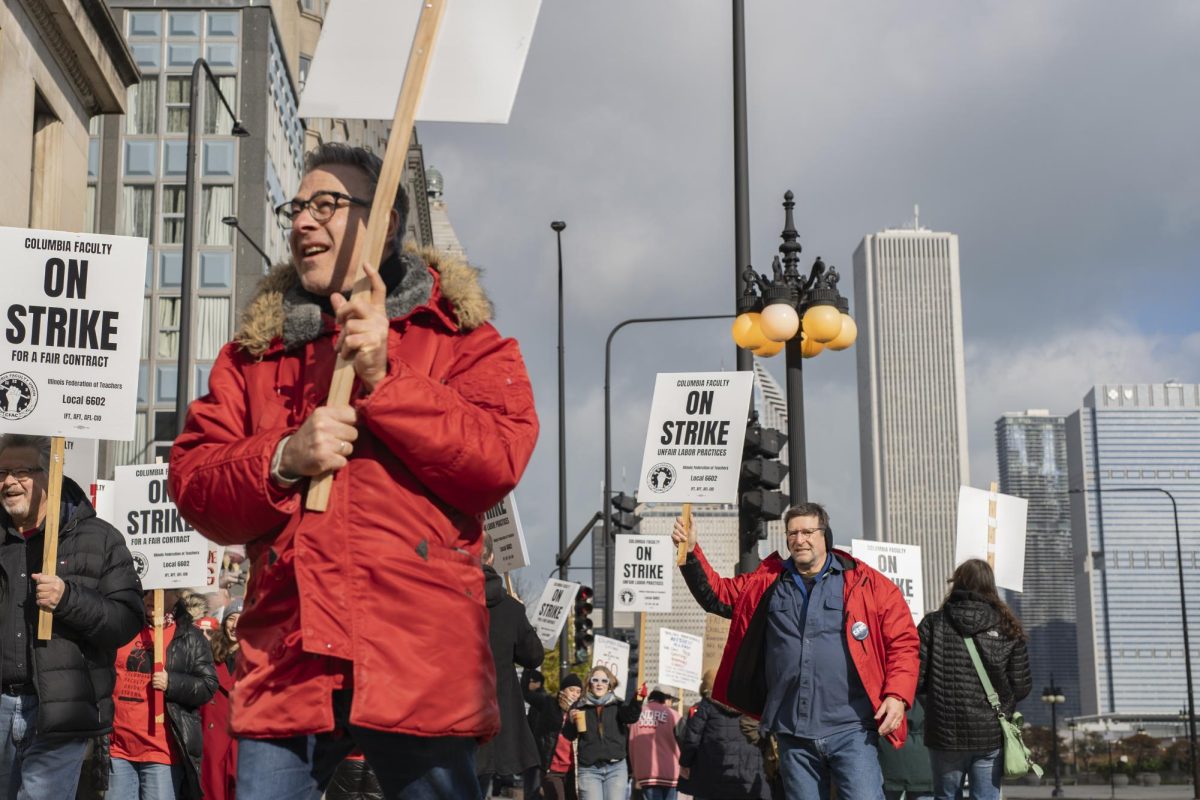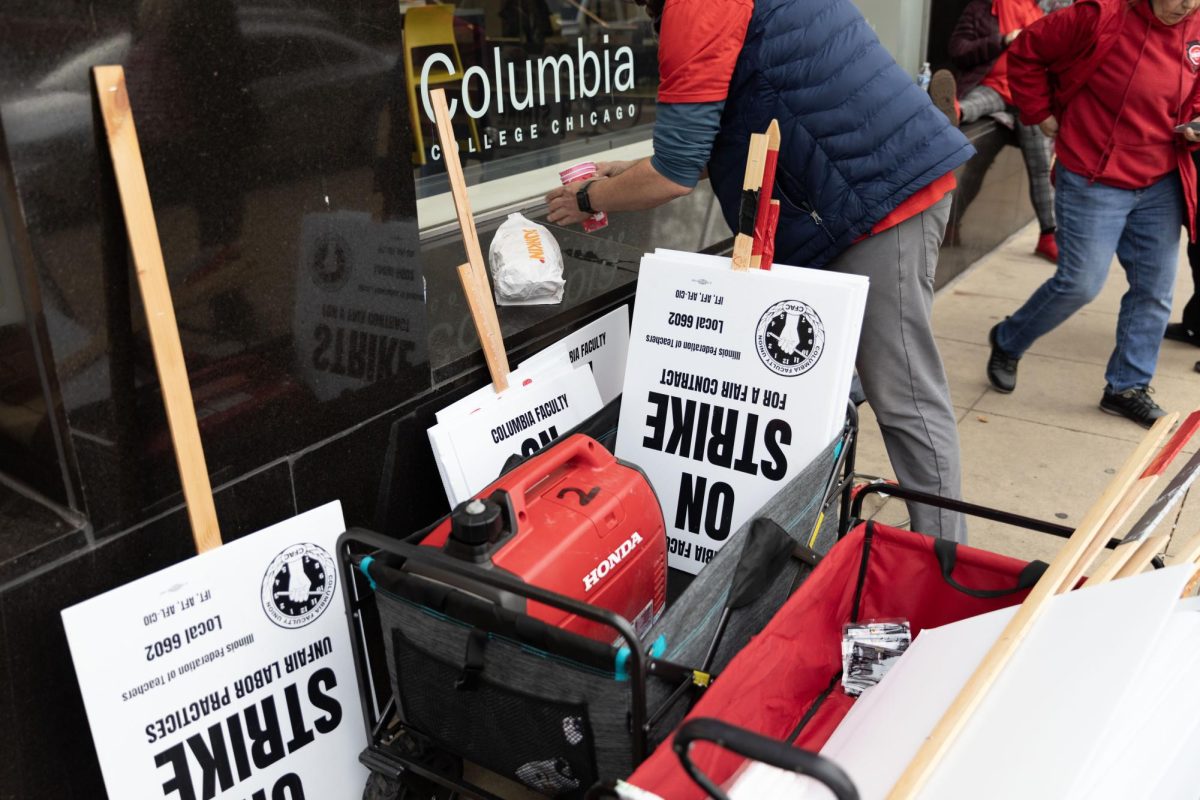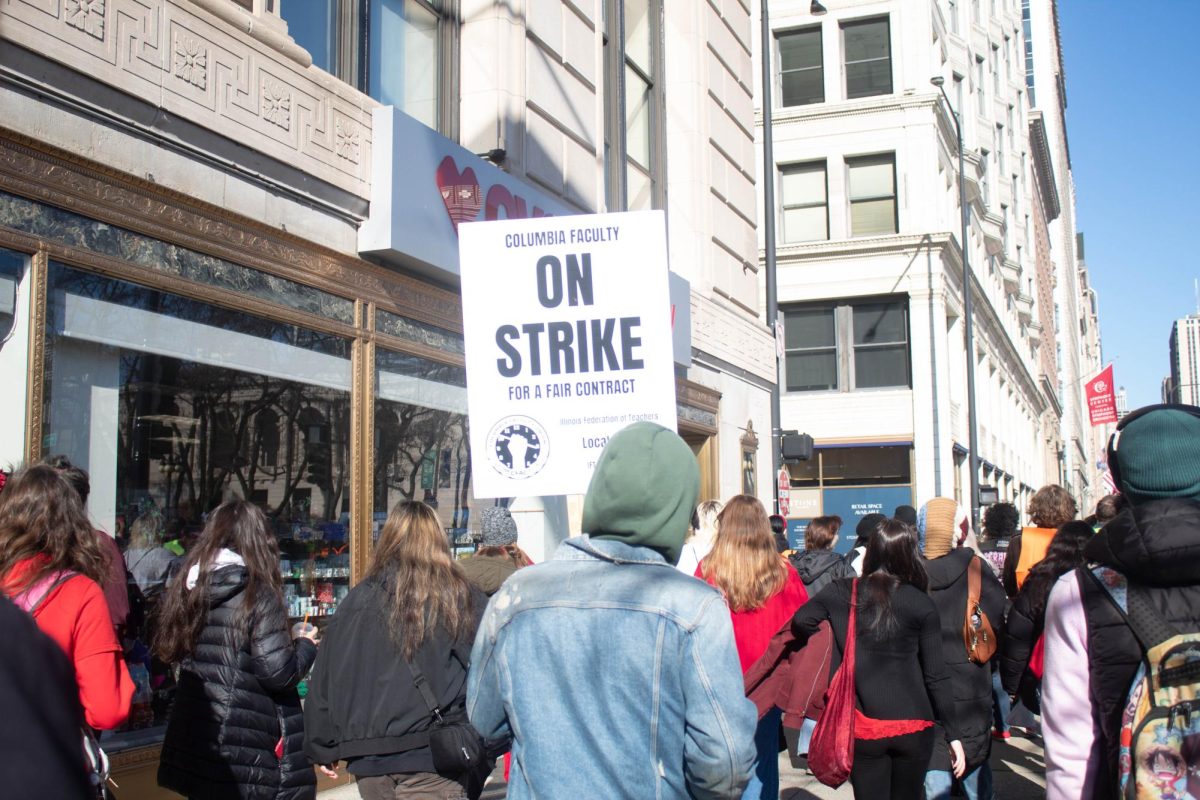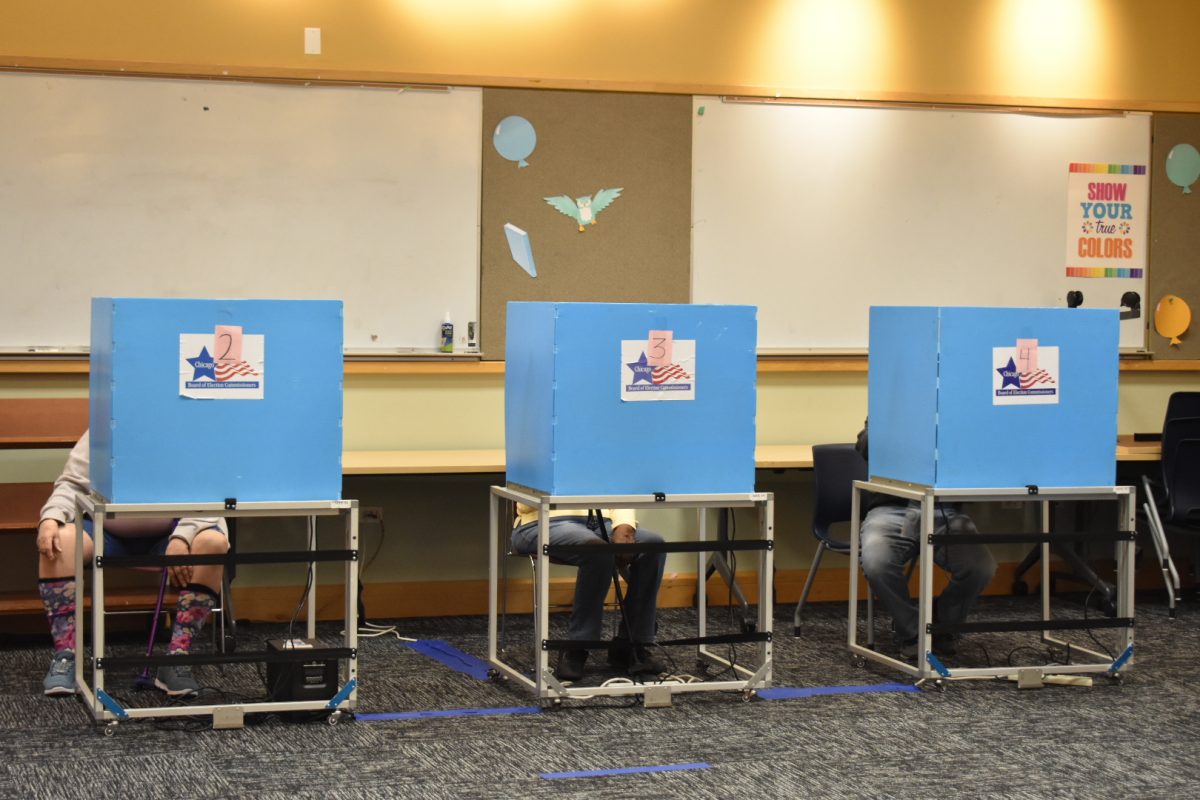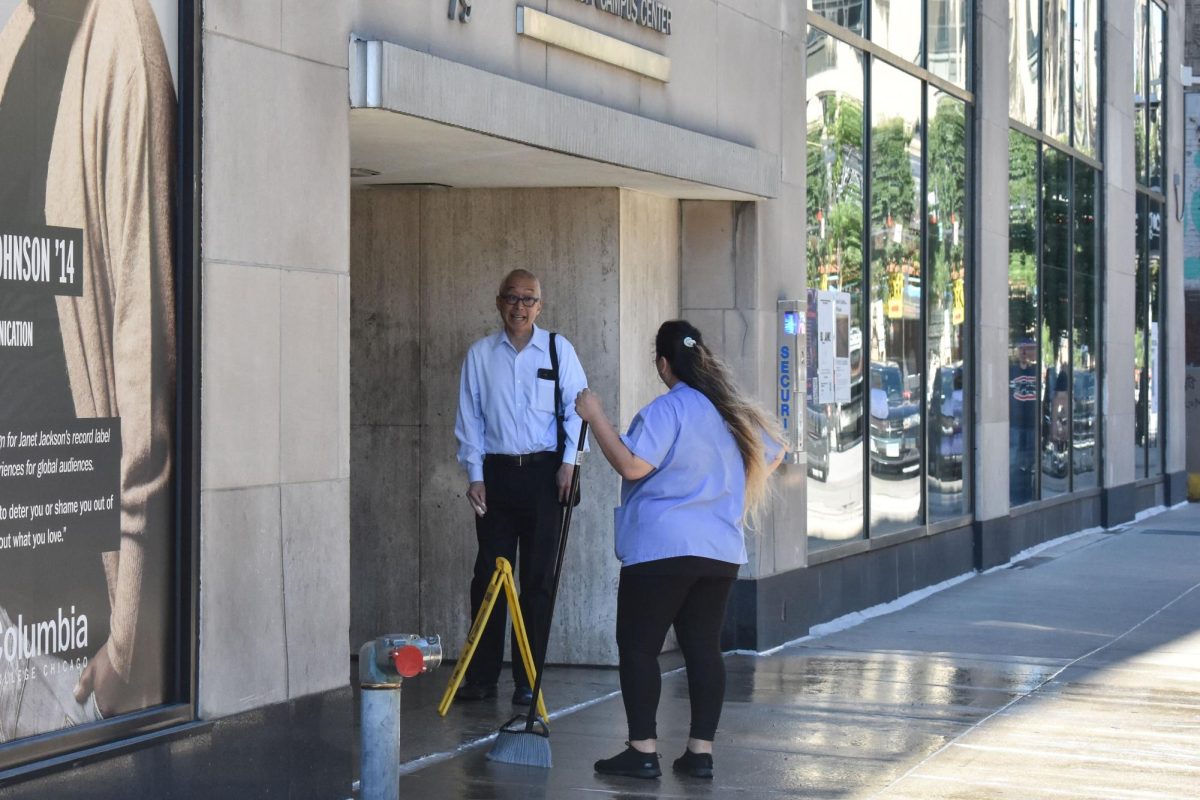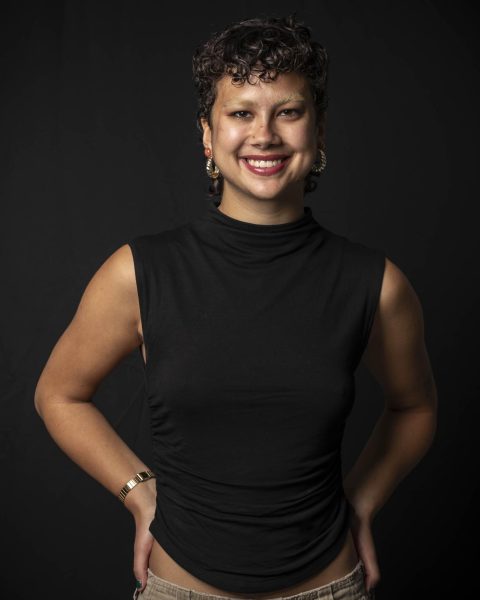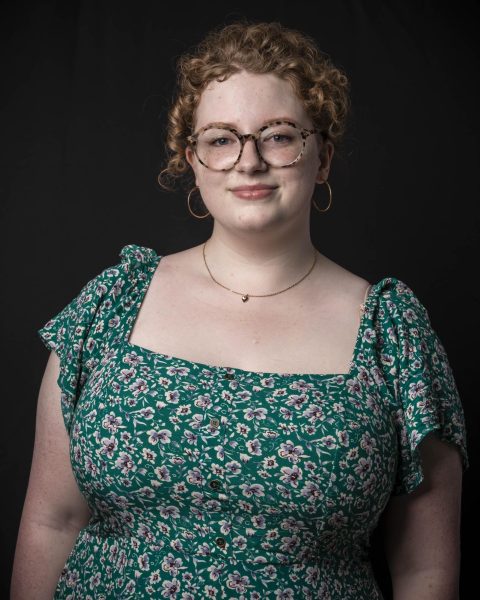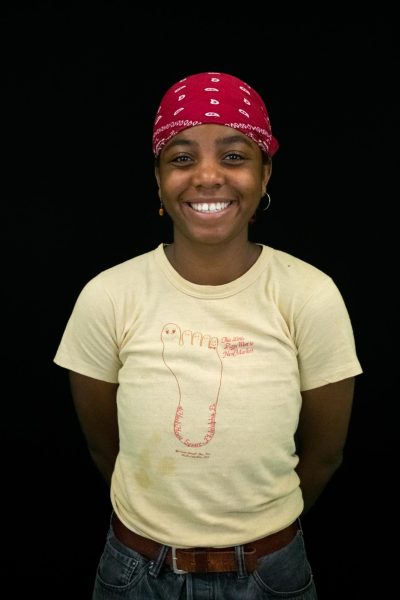Columbia Faculty Union President Diana Vallera said the union is not currently pursuing charges against instructors who crossed the picket line during the seven-week historic strike last fall.
In the days leading up to the strike, which started Oct. 30, the part-time faculty union sent an email to instructors telling them they could face fines, wage garnishment and court costs if they did not honor the strike, the Chronicle previously reported.
But in an interview this week, Vallera told the Chronicle that no decision had been made yet about whether to charge teachers who crossed the picket line. The union’s constitution allows members to bring written charges against other members.
“At this point the only thing we’ve been concerned about is all the retaliation from the college,” she said. “And it is not something currently, until we deal with some of this stuff, that we have a decision on.”
The union is upset over 16 new full-time professors of instruction the college hired before the start of the spring semester, said Union Publications Chair Delia Pless, a part-time instructor in the English and Creative Writing Department.
In an email to the Chronicle on Jan. 31, Pless said the union also was concerned about part-time faculty reassignments, which she said numbered about 50
Lambrini Lukidis, associate vice president of Strategic Communication and External Relations, told the Chronicle on Thursday, Feb. 1 that the new faculty “are provided for in the contract the union and the college signed in December.”
Lukidis said many of the new faculty are former Columbia instructors or alumni, bringing a “wealth of academic and professional experience that speaks for itself.”
By the end of the fall semester, nearly half of the college’s 584 part-time instructors had crossed the picket line and were back in the classroom, the Chronicle previously reported.
Pless said the college has refused to turn over the names of part-time faculty who were striking or still teaching.
The college removed the names of part-time faculty from the teaching schedule to protect them from retribution. In many cases, department chairs were listed as the instructor.
Just after Thanksgiving break, when full-time faculty and some staff began taking over classes for striking part-time instructors, 237 part-time instructors were teaching and 347 remained out on strike, according to the college.
“CFAC issued multiple information requests during the strike seeking to ascertain which part-time faculty were and were not teaching. The administration refused to respond,” Pless said in the email.
As a condition to teach part-time at the college, all instructors pay dues. Fee-payers pay 2.4% of their salary to the union. A member pays 2.5%, according to the union handbook. Fee-payers cannot attend union meetings or vote on contract issues or contract authorizations.
The union expected all members, regardless of status, to honor the strike.
Some part-time faculty got around that by resigning from the union.
Jonathan Castillo, who teaches part-time in the college’s Photography Department, said he was on the picket line for three weeks before sending his resignation email to the union.
“It was never clear to me that I could resign from the union,” he said. “The only reason I found out about this is word of mouth from other adjuncts who were upset about all of this.”
Castillo said he left the union because he couldn’t afford to strike any longer. He was told by the union he wasn’t allowed to attend any on campus events for students, such as award ceremonies.
The bargaining agreement has a tier system for union instructors based on how many credits they’ve taught at the college. Those who have taught the most credits are the highest paid and get the first chance to request the class sections they want to teach.
Castillo said he was in the lowest tier during the strike and because of that he didn’t feel the union was bargaining on his behalf. He has now moved up to the middle tier.
When asked how many part-time faculty have resigned for the union so far, Vallera said it was “less than 10 people.”
Under the new contract, the college must offer at least 650 course sections to part-time instructors. They are distributed based on the tier system that gives the most senior union members first pick of the courses offered.
“The whole point of having an adjunct pool is so that we have working professional artists and photographers and graphic designers, all these people working in their fields, and they teach a couple classes, they teach one or two classes, and they’re out there doing their thing,” Castillo said. “They’re out there being professional artists in their field. And the problem with the seniority system is that it’s incentivizing people to just basically be part-time teachers and not have active careers.”
Rob Hart, who teaches part-time in the Communication Department, resigned from the union on religious grounds around the third week of the strike. He told the union in an email that he would donate an amount equivalent to his union dues to a nonprofit instead.
On Oct. 20, the union began voting on the decision to strike. At the time, prior to Hart’s resignation, he didn’t know that he didn’t have full membership that allowed him to vote.
“I didn’t know there were members who were not allowed to be full members,” Hart said. “They would send me a bill every year and I would pay it and that was it.”
Hart learned of his non-voting status when he contacted the union after not receiving a ballot.
If you’re trying to build a community, wouldn’t you want everybody to have a say instead of just taking out money and telling us ‘If you don’t listen to us, we could find you and take you to court?’ Hart said. “That doesn’t seem like a great way to build solidarity in my mind.”
Additional reporting by Olivia Cohen.


